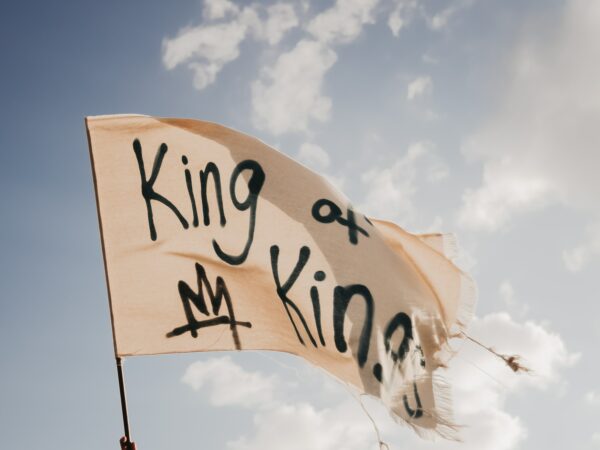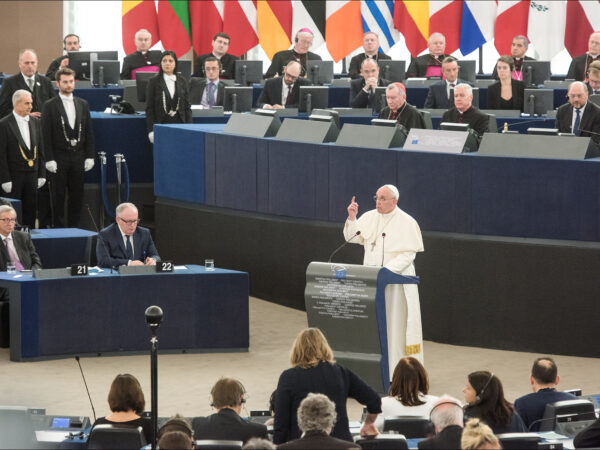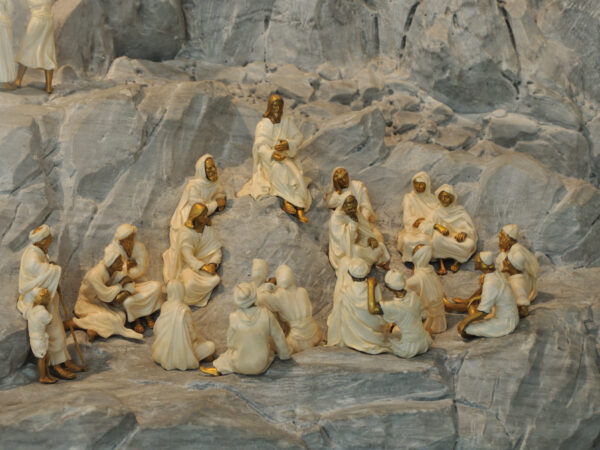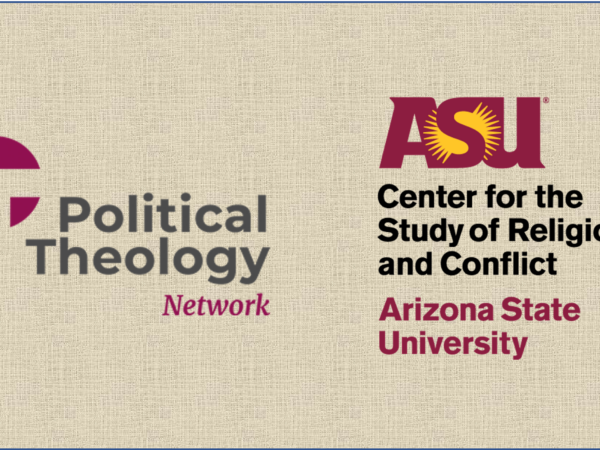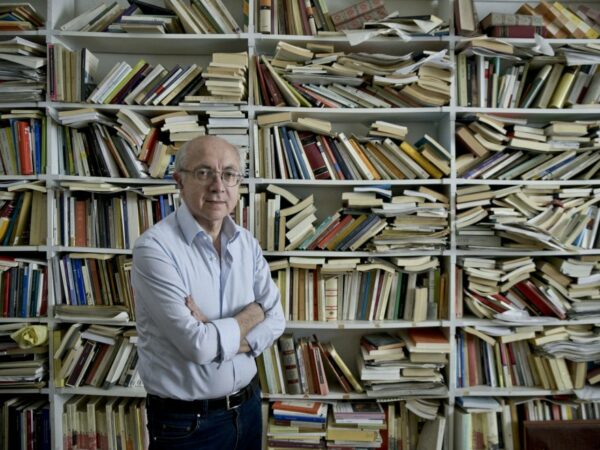Wink’s approach throughout the Powers trilogy is fundamentally a reappropriation of the Biblical texts in light of contemporary concerns. Far from being a “really bad” reading of scripture, it is an excellent example of constructive Biblical theology… The answer he proposes is a wholesale reevaluation of both the Biblical conception of the Powers and Principalities, as well as their relevance to the modern world.
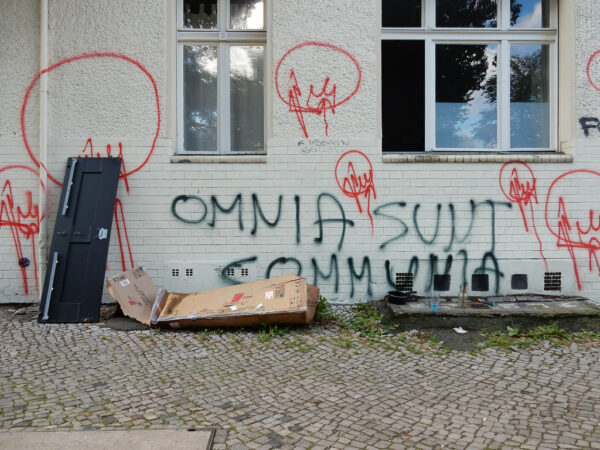
The Invisible Committee may be productively, albeit counterintuitively, understood as Gnostic, a perspective that will put into question some of the assumptions behind the way the political and the theological are demarcated from and related to each other in contemporary debates.
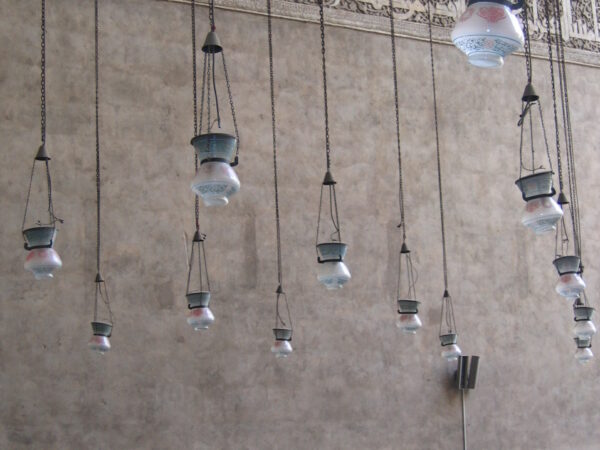
The school of Talal Asad has identified virtue ethics as the primary model constituting the continuity of premodern Muslim thought with movements of the modern period. But is this model really the most characteristic common denominator of premodern Islamic thought?
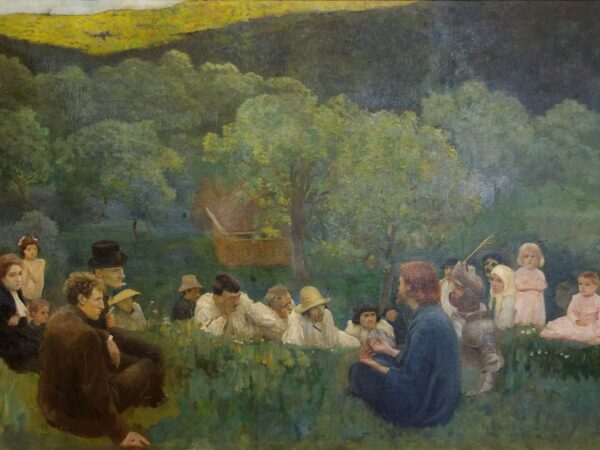
I ask whether they think Wink’s exegesis is correct. Many have been completely convinced; they think that Wink has provided very compelling evidence… But now that my students are certain that Wink has hit it out of the park, I can add another layer of complexity and uncertainty by sharing that I have doubts.
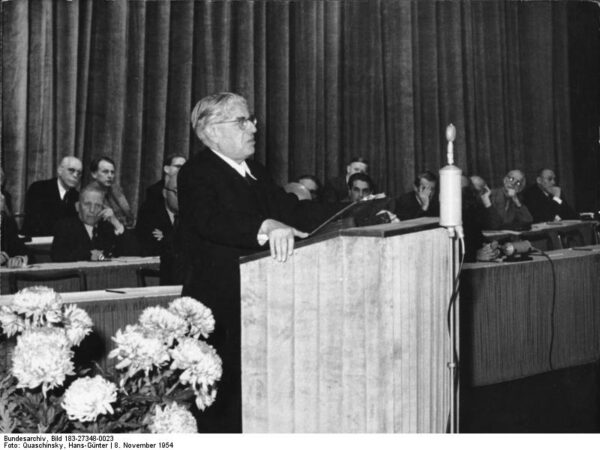
In many ways, Bloch’s work inverts the classic dictum of political theology advanced by Carl Schmitt, that “all significant concepts of the modern theory of the state are secularized theological concepts.” For Bloch, theological concepts are intimations of the freedom of the secular and revolutionary socialist society.
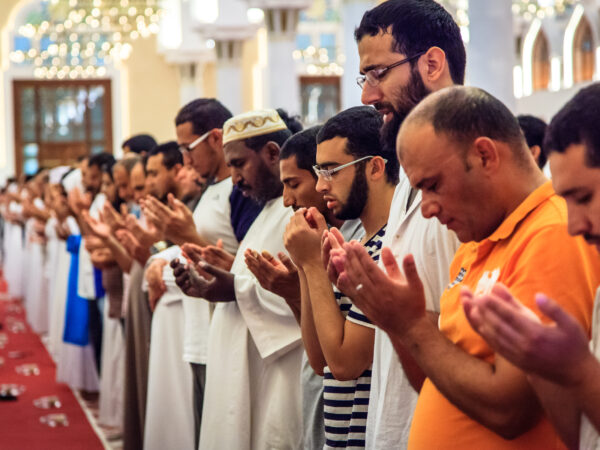
In the introduction to the symposium “The Roots and Ruptures of Contemporary Islamic Piety,” Aaron Rock-Singer elucidates the questions within contemporary Islamic studies that stand between the completeness of historical narratives and the ruptures of Muslim intellectual, social, and cultural life.
